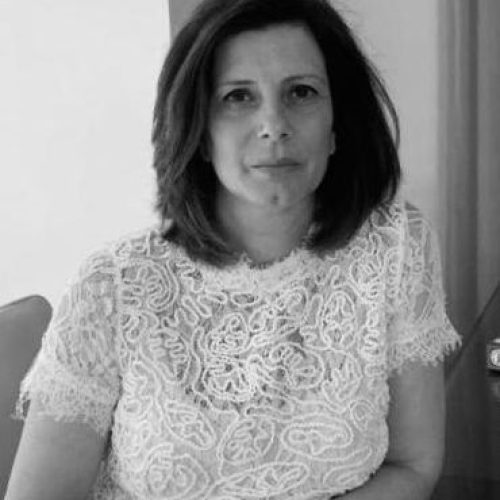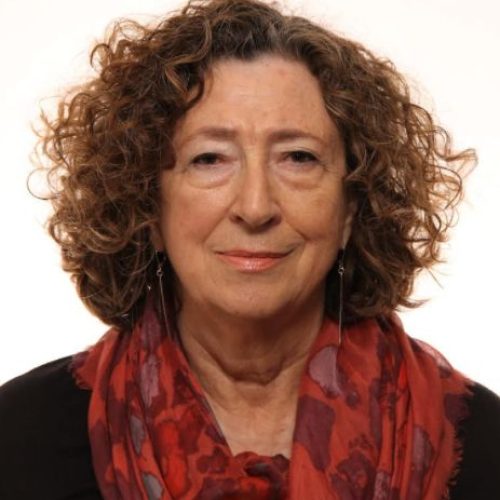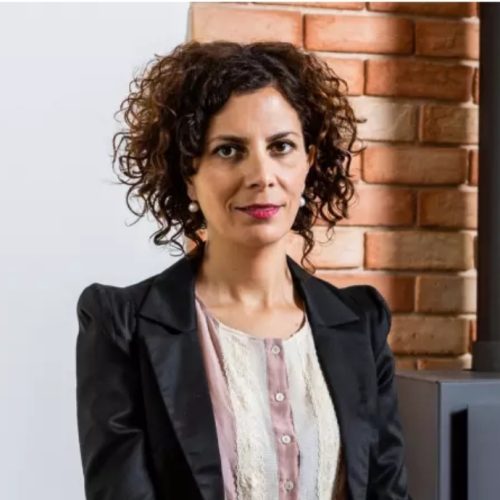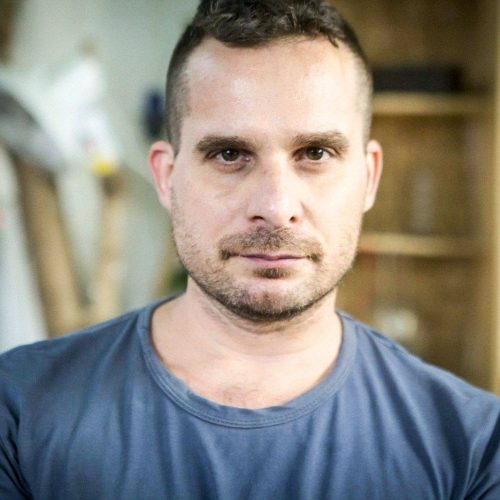On 14 May 2023, Zulat held a conference entitled “From Quasi-Authoritarian State to Dictatorship?” Here are Executive Director Einat Ovadia’s opening remarks:
“I am glad that the Israeli government came back to its senses and signed a cease-fire agreement [after a brief round of fighting with Hamas in Gaza], and that we are all here in the hall.
“It is easy to forget, but we are still only two votes away from a regime revolution. The law to change the composition of the Judicial Selection Committee has been ready for almost two months for the Knesset plenum’s approval in second and third readings. The agents of destruction are just lurking in the corner, waiting for the opportunity to catch us off-guard and hand over control of the committee, in shame for all eternity, to the Prime Minister and his fellow enemies of democracy. This is what a quasi-authoritarian state – or should we say a ‘quasi-dictatorial state’ – in tangible and continuous danger of turning into a dictatorship looks like.
“And if anyone thought that the threat was off the agenda, let there be no doubt: The Likud party is planning another million-men demonstration after the state budget is passed.”





